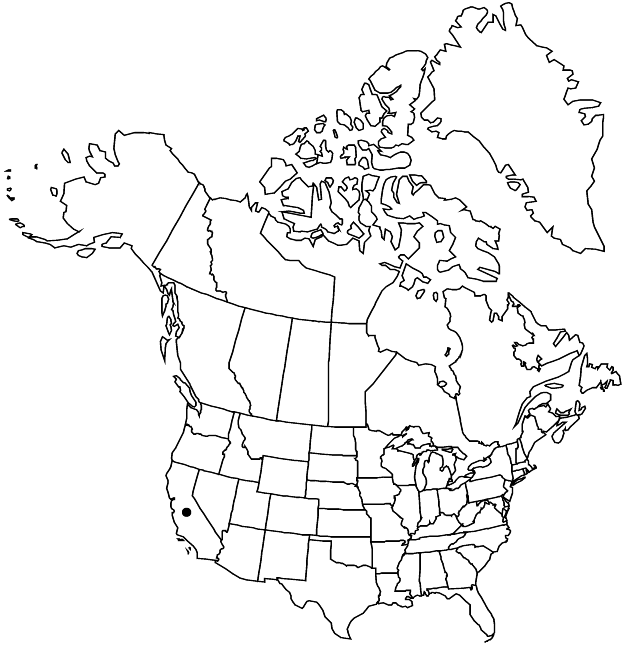Difference between revisions of "Eriogonum umbellatum var. ahartii"
Phytologia 86: 146. 2004.
FNA>Volume Importer |
imported>Volume Importer |
||
| (5 intermediate revisions by one other user not shown) | |||
| Line 33: | Line 33: | ||
-->{{#Taxon: | -->{{#Taxon: | ||
name=Eriogonum umbellatum var. ahartii | name=Eriogonum umbellatum var. ahartii | ||
| − | |||
|authority=Reveal | |authority=Reveal | ||
|rank=variety | |rank=variety | ||
| Line 48: | Line 47: | ||
|publication year=2004 | |publication year=2004 | ||
|special status= | |special status= | ||
| − | |source xml=https:// | + | |source xml=https://bitbucket.org/aafc-mbb/fna-data-curation/src/2e0870ddd59836b60bcf96646a41e87ea5a5943a/coarse_grained_fna_xml/V5/V5_711.xml |
|subfamily=Polygonaceae subfam. Eriogonoideae | |subfamily=Polygonaceae subfam. Eriogonoideae | ||
|genus=Eriogonum | |genus=Eriogonum | ||
Latest revision as of 22:13, 5 November 2020
Shrubs, spreading to rounded, 3–8 × 5–13 dm. Aerial flowering stems erect, 1–2 dm, mostly tomentose or at least densely floccose, without one or more leaflike bracts ca. midlength. Leaves in loose rosettes; blade elliptic to broadly elliptic or ovate, 1–2.5(–3) × 0.7–1.5 cm, densely rusty-lanate to tomentose abaxially, floccose or glabrous and olive green adaxially, margins plane. Inflorescences compound-umbellate, branched 3–4 times; branches tomentose to floccose, without a whorl of bracts ca. midlength; involucral tubes 2.5–4 mm, lobes 2–3 mm. Flowers 5–8 mm; perianth bright yellow.
Phenology: Flowering Jun–Sep.
Habitat: Serpentine slopes, oak and conifer woodlands
Elevation: 400-1000(-2000) m
Discussion
Variety ahartii is restricted to the Paradise and Lumpkin Ridge areas of Butte County. These large shrubs are among the more elegant of the sulphur flowers and are worthy of widespread cultivation.
Selected References
None.
